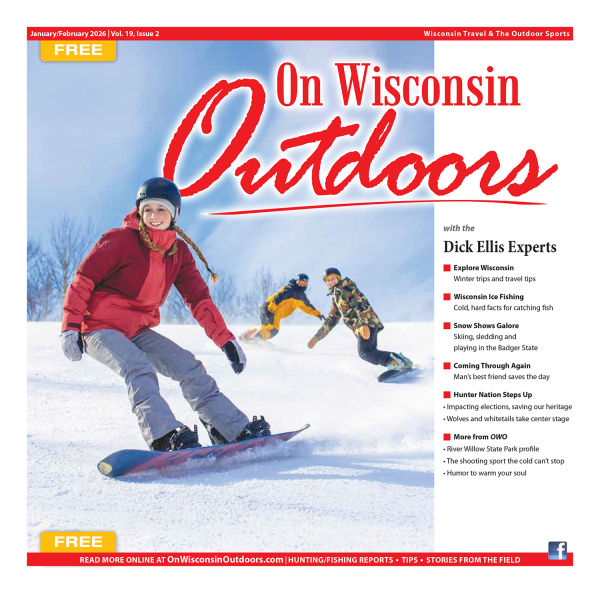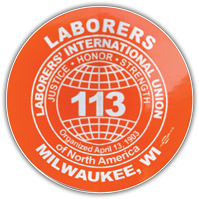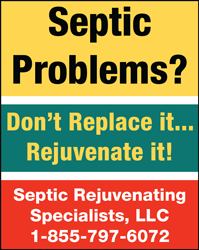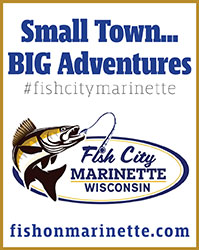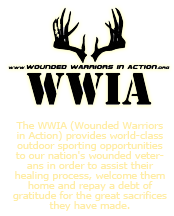Dec. 1 public meeting set on distribution of stocked chinook among ports
November 20, 2012
DNR Secretary Cathy Stepp to be at meeting to listen to anglers
MADISON – Anglers and others interested in how the state allocates chinook for stocking at Lake Michigan ports are invited to join DNR Secretary Cathy Stepp for a Dec. 1 meeting to learn how the decision has been made in the past and provide input on how it should be done in 2013, the first year stocking adjustments are in effect lake-wide.
“We’ve agreed with other states around Lake Michigan to adjust stocking levels to assure that great fishing continues well into the future,” Stepp says. “I want to hear from anglers and work with them to distribute Wisconsin fish in a way that’s fair and supports the great fishing so important to so many Lake Michigan communities.”
The meeting begins at 10 a.m. Dec. 1 in the Lake Michigan Room at Lakeshore Technical College, 1290 North Ave., Cleveland. The allocation discussion is the first topic in a multi-part meeting of the Lake Michigan Fisheries Forum, which includes representatives from various Lake Michigan fishing interests facilitated by UW-Sea Grant.
Starting in 1986, DNR has used a stocking allocation formula that results in a roughly equal distribution of fish between southern and northern Lake Michigan ports, says Brad Eggold, DNR fisheries supervisor for southern Lake Michigan.
“That model was updated in 1990 and used to allocate fish when we have made lake-wide adjustments in stocking,” Eggold says. “We have made adjustments in chinook salmon stocking levels before, most notably in 1992, 1998 and 2006. The model has worked very well to achieve a fair distribution and great fishing.”
The key to Lake Michigan fishing is a balance between predator fish like chinook and prey fish like alewives, the exotic, invasive fish species that chinook were first stocked in Wisconsin to control starting in the 1960s, Eggold says.
During the Dec. 1 meeting, DNR staff will explain the stocking allocation model used in the past and also provide information to answer some of the questions about distribution of fish that Wisconsin anglers raised in public meetings and hearings last summer on the lake-wide stocking adjustment.
For instance, some anglers have suggested distributing fish to the ports based on the sales of Great Lakes Trout and Salmon stamps or two-day Great Lakes fishing licenses. Anglers who fish for Lake Michigan trout and salmon must buy a stamp in addition to their annual fishing license or can buy two-day Great Lakes fishing licenses.
Anglers have also asked whether DNR could stock fewer fish at Strawberry Creek, where DNR has its main egg collection station for chinook. By stocking more fish elsewhere, those fish are more likely to return to streams other than Strawberry Creek and be available to anglers for fall fishing.
FOR MORE INFORMATION CONTACT: Brad Eggold, 414-382-7921; David Boyarski, 920-746-2865; Mike Staggs, 608-267-0796; Randy Schumacher, 262-894-3006.
